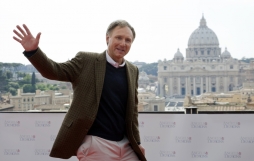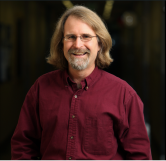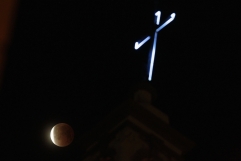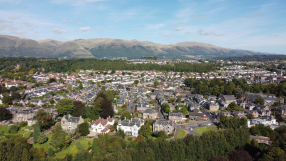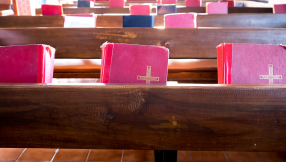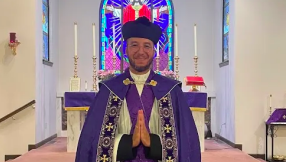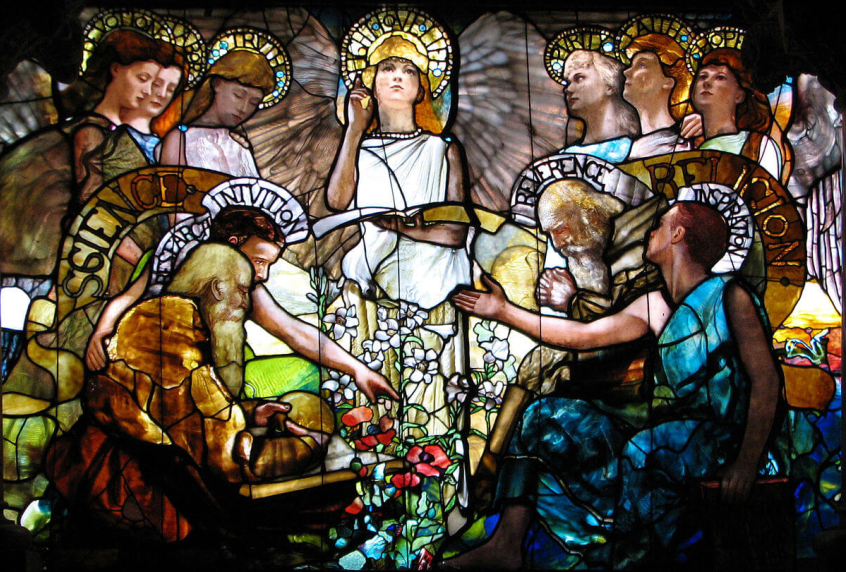
There has been a longstanding belief that science always counters religion, and religious beliefs do not correspond with scientific facts.
For the first time, a recent global study by researchers from Rice University proved that this perceived clash between science and religion is just a misconception.
In her study entitled "Religious Understandings of Science (RUS)," sociologist Elaine Howard Ecklund surveyed more than 10,000 Americans comprising scientists and evangelical Protestants.
"No one today can deny that there is a popular 'warfare' framing between science and religion. This is a war of words fuelled by scientists, religious people and those in between," says Ecklund, founding director of Rice University's Religion and Public Life Program and the Herbert S. Autrey Chair in Social Sciences, in an article posted on Eurekalert.org.
One of the most notable findings from her study dispels the belief that most scientists are atheists. In fact, a lot of those working in the scientific field identified themselves as religious.
"More than half of scientists in India, Italy, Taiwan and Turkey self-identify as religious," Ecklund says. "And it's striking that approximately twice as many 'convinced atheists' exist in the general population of Hong Kong, for example, (55 percent) compared with the scientific community in this region (26 percent)."
In some areas, such as Hong Kong and Taiwan, the percentage of scientists who identified themselves as religious is higher compared to the portion of the general population who did the same.
Another interesting finding from Ecklund's study was that only a small percentage of scientists see conflict between religion and science.
For instance, in the United Kingdom—considered to be one of the most secular nations in the world—only 32 percent of the scientists surveyed said science and religion contradict each other.
Similarly, nearly 50 percent of the evangelicals surveyed think that science and religion can work together and support one another.










